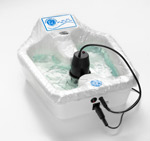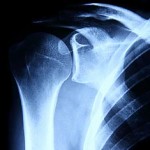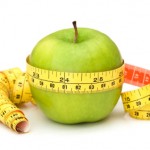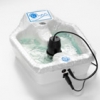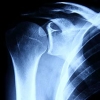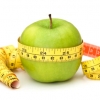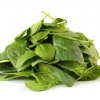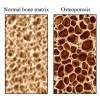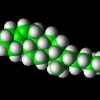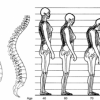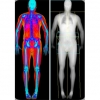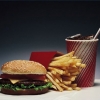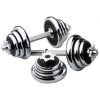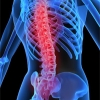Here’s some great fat loss tips.
The body will often return to a healthy fat weight percentage once stressful emotional, nutritional and lifestyle situations are alleviated. The overall concept is to avoid stimulating the FGM while stimulating the abilities of the fat releasing mechanism (FRM). This fat releasing process is called lipolysis. There are enzymes which help the release of fat from cells called lipolytic enzymes. Females have less of these enzymes than males, which can often make fat loss harder for them.
If you need or want to lose some excess body fat, here are the top ten natural, drug free, strategies that have proven to be successful for the past ten years. These strategies become even more effective as we grow older.
1) Discover and reduce the negative stressors in your life. As mentioned before, everyone responds to stress in a different way. Find out which ones affect you in a negative way. A hint, if you think about a problem(s) more than five times a day, this can be a negative stress in your life. Negative stress may come from a variety of situations such as physical pain, emotional trauma, mental fatigue, food additives, and/or environmental pollutants.
Client Example:
Sherri, one of my favorite clients, had a hard time releasing her husband, who was unfortunately giving her chronic stress. After their separation she lost 18 lbs. of fat in seven months.
2) Avoid Leptin resistance. Eating a low carbohydrate and low sugar diet can assist in keeping Leptin in balance. Also avoid all food additives, preservatives, chemicals, artificial flavors, environmental pollutants, solvents and chemical cleaners. They all can prompt negative stress in the body. Keeping a Leptin balance in your body is vital for fat loss, as it gives the brain messages which say, “It’s safe, let’s release the stored fat”.
3) Avoid Insulin Resistance. Similar to Leptin resistance, insulin resistance can become a chronic stress if you ingest a high sugar/grain diet. Avoid all sugars and food that converts easily to sugar such as soft drinks and bread. Reduce consumption of high glycemic foods such as grains, sweetbreads, cookies, cakes, rice, and cooked potatoes. Avoid all artificial sweeteners such as Splenda, NutraSweet, aspartame, saccharine and acesulfame. Avoid products that contain high sucrose, fructose, maltose and dextrose.

